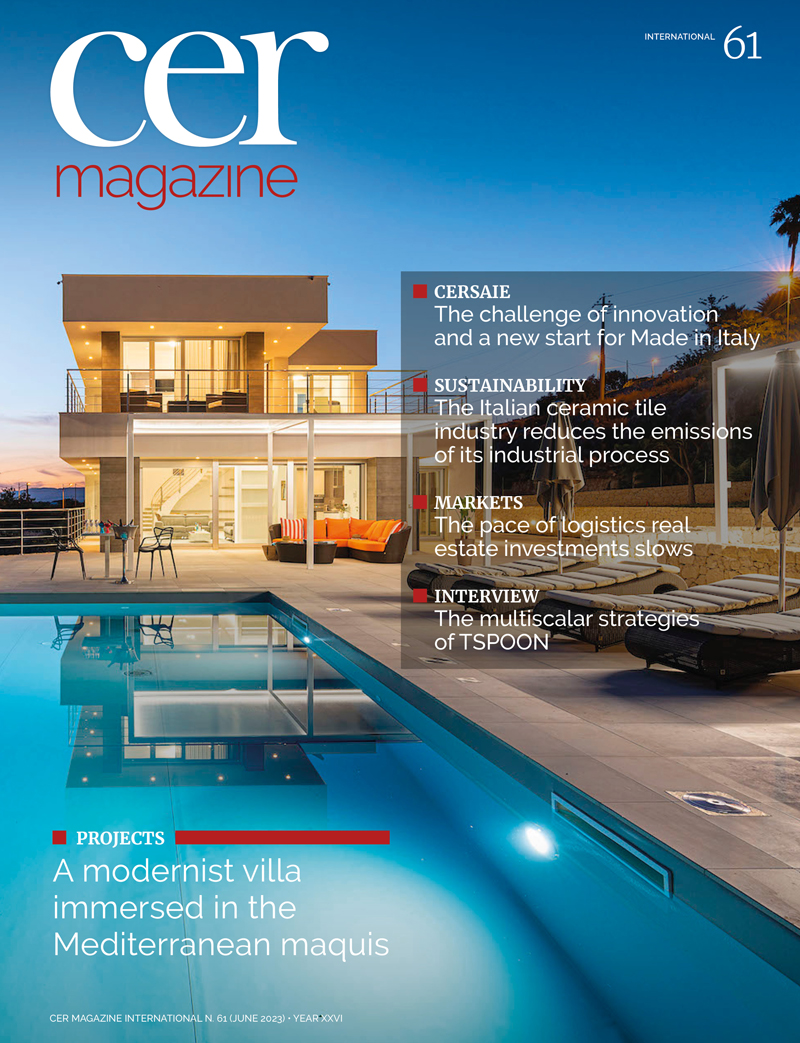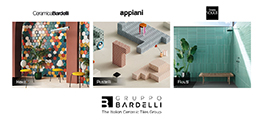Projects
Is destiny written in a name?
The Latin phrase nomen omen (“the name is a sign”) refers to the ancient Romans’ belief that the destiny of a person, object or location was written in their name. This would certainly appear to be the case for the modern-day city of Faenza, which after being conquered by the Romans was given the name Faventia, or “blessed by the gods”. The city was strategically located at the intersection between the river Lamone, the Via Salaria road which crossed the Apennines and brought salt from Etruria and Campania, and the Via Aemilia, which connected Piacenza to Rimini, and from there to Rome by the Via Flaminia. This ideal trading position coupled with the fertility of the land brought the city prosperity, while the high-quality clays quarried near the river proved ideal for ceramic production. The phrase nomen omen seems all the more appropriate considering that the city gave its name to majolica, a kind of earthenware that still today is known as “faïance” in French and “faience” in English.
The forms and decorations of its artefacts became famous during the Renaissance. This can be clearly seen in the decorations on the façades, balconies and doorways of Faenza’s old buildings, in the city’s many craft studios and in the International Museum of Ceramics, one of the best known ceramic museums anywhere in the world.
These images of a swimming pool in a house in Faenza testify to the outstanding qualities of ceramics in terms of aesthetics, environmental sustainability (eco-compatibility, recyclability and potential for reusing waste materials within the production chain), practicality (strength, durability, hygiene and ease of maintenance) and technological progress, which enables the material to meet the most diverse requirements.
While a ceramic-tiled swimming pool is hardly a new concept, this project by Gigacer’s technical department stands out for its combination of visual appeal, comfort and functionality. The elegant steps leading safely down into the water – almost a homage to the black-and-white films of the 1930s – lend character to the pool, which is entirely sealed by non-absorbent porcelain tiles from the Concrete and Made.2 collections. The bush-hammered surface ensures excellent slip resistance of the paving around the pool and in the two large spaces devoted to sunbathing. The gently inward-sloping base of the minimalist shower, also made from the same porcelain tile, ensures that water drains away rapidly without pooling.
“Rather than pre-packaged solutions, we aim to offer flexible tools that can be adapted to the architecture and the context while meeting clients’ needs and wishes, in other words tools for stimulating creativity,” is the philosophy of Gigacer, a company founded in Faenza in 2007.
By using a combination of large slabs from different collections and with different technical characteristics and decorations, it is possible to achieve a high degree of customisation while maintaining a consistent colour scheme.
GIGACER
2022
GIGACER
2022
porcelain stoneware
Made 2.0
Iron
60x120 cm - 12 mm
More info on the product > go to the catalogue






